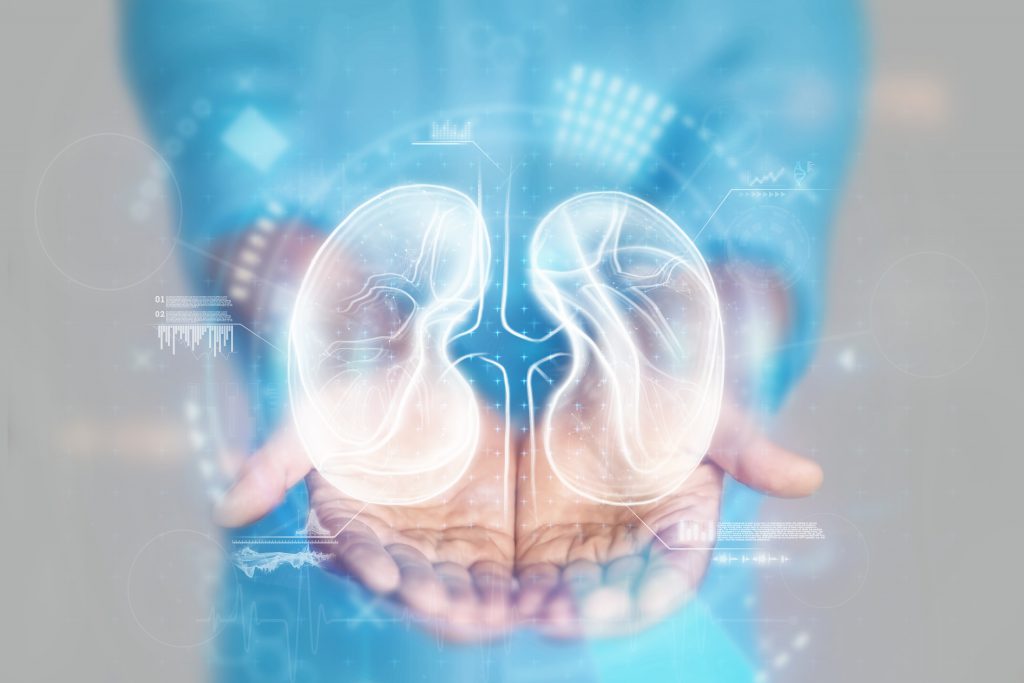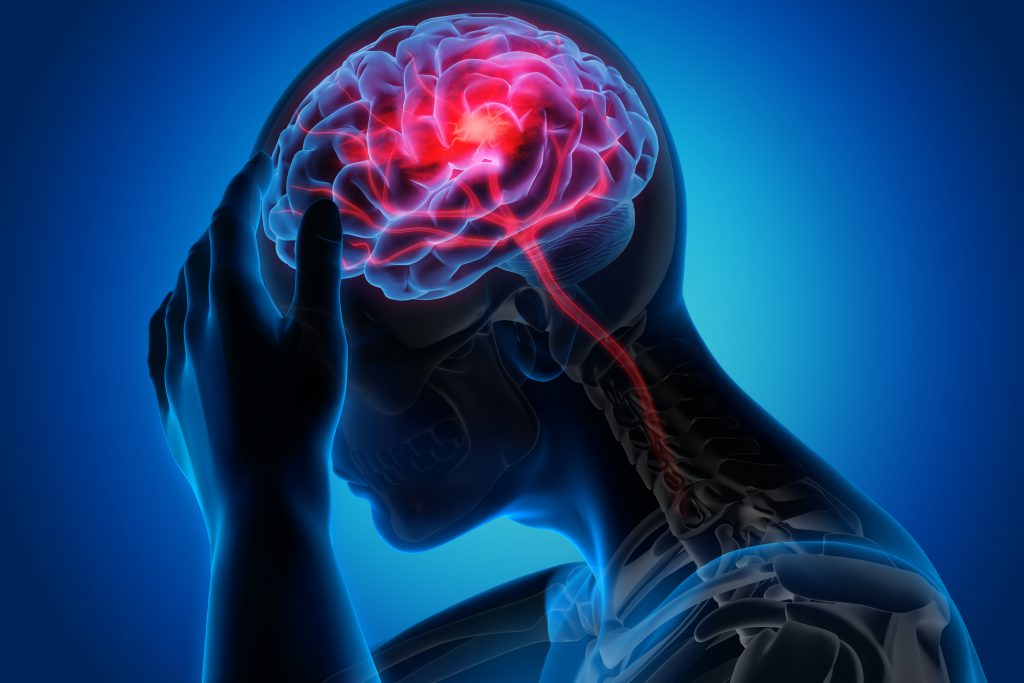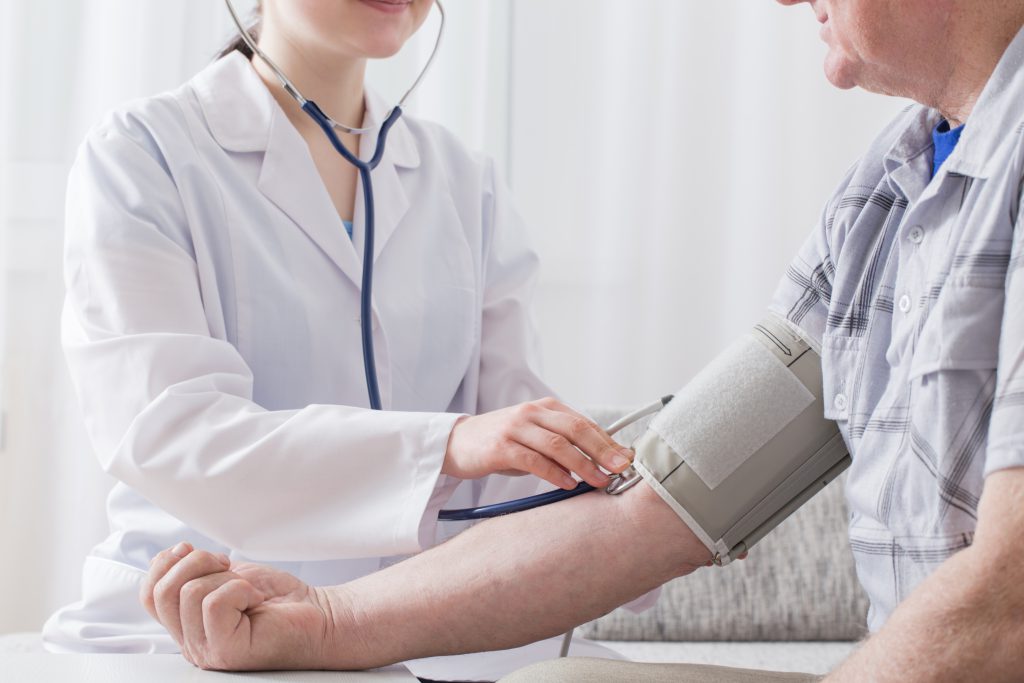Exercises for maintaining physical health at home

Our well-being and quality of life are significantly affected by our physical health. Therefore, it is crucial to maintain optimal physical health as we age. Staying physically active has many benefits including helping manage weight, improved brain health, increased energy levels, and reduced risk of chronic diseases. Although some seniors may prefer going to a […]
A guide to healthy eating for seniors

A nutritious and well-balanced diet becomes increasingly important as we age. Healthy eating can lower the risk of developing numerous chronic diseases, boost immunity, and strengthen bones. Sedentary seniors need roughly 1,600 calories per day, those who are moderately active require about 1,800, and consuming approximately 2,000 calories daily is recommended for active seniors. One […]
An overview of telerehabilitation

Telerehabilitation is a subset of telemedicine that connects patients and rehabilitation providers remotely. Pulmonary rehabilitation, exercise rehabilitation, yoga, stroke rehabilitation, and dance are some of the numerous different types of telerehabilitation. The COVID-19 pandemic and the convenience of telerehabilitation have resulted in an increase in use in the past few years. Telerehabilitation is a less […]
How drugs move through the body

Pharmacokinetics is the study of drug movement inside the body. Four processes: absorption, distribution, metabolism, and excretion make up pharmacokinetics. Absorption is the movement of a drug from the site of administration into the blood. The rate of absorption determines how quickly the drug effect will occur. Meanwhile, the amount of drug absorption determines how […]
How seniors can prevent injury

Yesterday was National Injury Prevention Day. With that in mind, we created this blog to provide tips for how seniors can prevent injury. Over 90% of injury-related hospital admissions among seniors are due to falls or vehicle collisions. As we age, our tendons and ligaments lose their elasticity and this can make them more prone […]
An overview of inflammation

Inflammation is a response of vascularized tissues (contain vessels) that delivers leukocytes (white blood cells) and molecules of host defense from the circulation to the sites of infection and cell damage in order to eliminate the offending agents. It can be classified as acute or chronic depending on how long it lasts. Pain or tenderness, […]
Tips to keep your kidneys healthy

The kidneys are bean-shaped organs that lie on the posterior aspect of the abdominal cavity. They function to clear waste products of metabolism and regulate the concentrations of many constituents of body fluids. In functional units of the kidney called nephrons, blood undergoes ultrafiltration and reabsorption. Below is a list of 5 tips to keep […]
The signs and symptoms of stroke

A stroke occurs when a blood vessel carrying oxygen and nutrients to the brain gets blocked or ruptures. As a result, parts of the brain become damaged or die. This can cause long-term disability, brain damage, and even death. Common symptoms of stroke include numbness, confusion, difficulty seeing and walking, and severe headache with no […]
What seniors should know about the flu

The flu is a respiratory infection caused by influenza viruses that can infect the lungs, nose, and throat. It can cause symptoms such as fever, runny nose, and sore throat that last for up to 8 days. There are approximately 4 million severe cases of the flu each year with over 300,000 deaths annually. Types […]
An overview of hypertension for seniors

Hypertension is defined as elevated blood pressure. Blood pressure is the force against the walls of arteries as the heart pumps blood throughout the body. The two phases of the cardiac cycle are systole and diastole. Systole is when the heart contracts and pumps blood out of the heart. Diastole is the period of time […]

